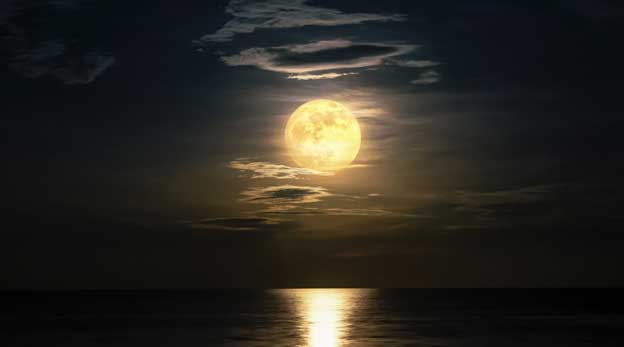According to the Bureau of Labor Statistics, approximately 15 million Americans workers are on a job that requires night shift work. Security officers working the night shift must devote special focus on taking care of their own physical and mental health. Night shift work requires vigilance but can be a very rewarding shift. Some of the elements that require extra diligence include:
Managing the Circadian Clock
The circadian clock is essentially a timer that regulates hormones in the body and helps to control alertness, body temperature, and mood. Security officers working the night shift must be aware that bodies and brains are programmed to relax and cool down after dark and must make an intentional effort in order to remain vigilant at their post.
That intentional effort should include planning your sleep schedule, if possible. Additionally, adjustments to your sleeping environment may be necessary – blackout curtains or white noise may help. Even small amounts of sleep deficit and fatigue can build up to result in slower reaction times and reduced concentration, so individuals working overnight must be especially disciplined about getting enough sleep.
Performing Duties in the Dark
The cover of darkness itself is a challenging element to night shift. Security officers working overnight should be properly equipped and should train to perform their duties in the dark. Darkness and night hours change many elements of a security officer’s job: visibility, response times, availability of resources. When possible, officers should familiarize themselves with their post during daylight, so they are able to visualize the entire post, but should train to do their job in the same conditions of darkness they will work in.
Ultimately, the night shift can be very rewarding but requires self-discipline, preparation, and an understanding of the unique challenges of working late hours in the dark.

